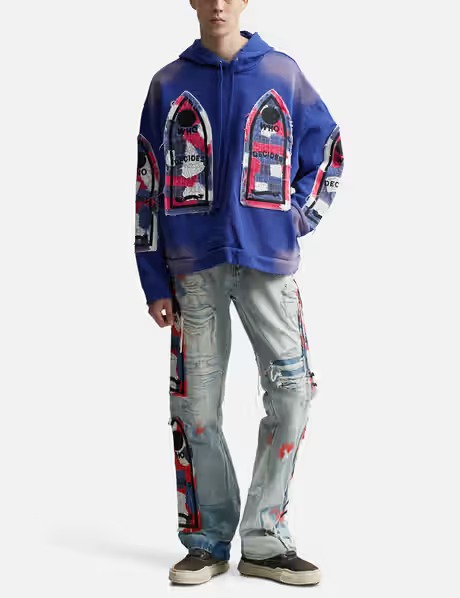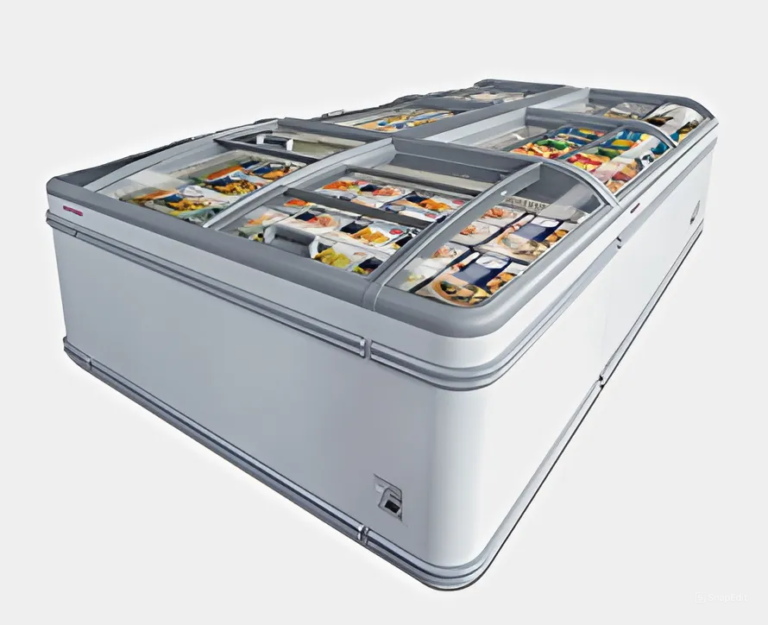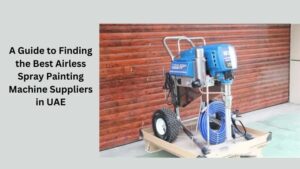
Choosing a toilet door and the right material makes such a huge difference. On issues such as humidity and space, it means that choosing a toilet door Singapore that’s both durable and stylish will be very significant. For an upgrade or even designing a new bathroom space, you’ll have to know what works best from available materials for that beautiful toilet door. This guide takes you through the best toilet doors available in Singapore, based on those best suited for durability, cost, and style.
Why Material Matters for Toilet Doors
But before we get to the best materials, it is necessary to understand why material choice becomes the right thing for bathroom doors in Singapore. You see, bathrooms are a high-moisture area, and not all materials can undergo constant exposure to water, humidity, and temperature changes. The right material will not only last longer but will also avoid problems like warping, rusting, and mould building up.
What to Consider
When choosing a bathroom door in Singapore, you need to consider:
- Moisture resistance: Singapore’s wet weather can easily play havoc with some materials.
- Space-saving: Bathroom compactness means you are going to need space-saving doors.
- Durability: You will look for a door that can stand the everyday grind and tattletale
- Style: The door should be in line with your bathroom style.
- Cost: Price your quality against affordability.
Having known what to watch out for we now look at which toilet doors are the best value in Singapore.
1. PVC (Polyvinyl Chloride)
PVC is one of the most common materials for toilet doors in Singapore. It is light, inexpensive, and extremely resistant to moisture, perfect for bathroom use.
- Moisture-resistant: PVC will not absorb water and is unlikely to swell or warp with age
- Affordable: PVC material is relatively inexpensive compared to other alternatives.
- Design variety: Colored and design-wise, PVC doors are available in all colour combinations and styles, so you can match them with your bathroom aesthetic.
- Easy to maintain: They are easy to clean. You only need to wipe it once in a while.
However, PVC doors might not be as durable as others. They tend to become brittle as they age, especially with continuous exposure to sunlight. So, though good for wet places like bathrooms, they may require an earlier replacement than stronger alternatives.
2. Aluminium
Another excellent option for bathroom door Singapore installations is aluminium toilet doors. They have a sleek, modern look and also resist moisture extremely well.
- Rust-resistant: Unlike steel, aluminium does not rust; hence it is perfect for use in moist areas.
- Lightweight yet very sturdy: The use of aluminium doors provides the advantage that aluminium is light in weight, allowing easy mounting and use. At the same time, the doors are very strong and durable.
- Design-friendly for space: The aluminium doors come in pretty striking, sliding or bi-fold designs ideal for small bathroom compact spaces.
- Low maintenance: They really are not much to be worried about in terms of cleaning. Wipe them down sometimes, and they stay brand new.
On the other hand, an aluminium door might seem to lack some warmth and industrial look, probably not very ideal for bathroom stylization. But with durability and functionality, this is a guaranteed top pick.
3. Wooden Doors
Wood offers a touch of nature’s warmth in any area. However, wood does not perform so well regarding bathroom doors Singapore when it comes to moisture resistance.
- Beauty and style: Wood decorates a space with a luxurious feel of warmth that no other material shows off.
- Ease of customization: Wooden doors can be easily painted or stained to match any bathroom decoration.
- Solid look: They give a solid, high-end feel and look.
However, you must treat wood properly before using it in a bathroom setting. If you don’t seal wooden doors correctly, they can get wet and swell. Then, they warp, which makes the maintenance more complicated because you will need to re-seal or paint the door periodically for further protection.
4. Glass
If you desire the glass door, for one simple reason: it gives the bathroom a very sleek and modern look. Most of the bathroom doors Singapore designs nowadays use glass because it makes the bathroom open and luxurious-looking.
- Elegant: The use of glass provides a light, airy feel to the bathroom. A small bathroom can be designed to look larger.
- Tempered for safety: Modern glass doors are made of tempered glass, making them more robust and secure.
- Easy to clean: Glass is easy to clean, preventing the growth of mould or mildew.
Glass does come with a drawback-it can be brittle, and if glass breaks, it will shatter into larger pieces. With regard to glass doors, you may notice fingerprints and water spots more easily, so they tend to need more frequent cleaning to keep them looking good.
5. UPVC (Unplasticized Polyvinyl Chloride)
UPVC is the stronger variant of PVC; it’s now becoming fast the choice in Singapore for bathroom doors.
- It is highly resistant to durability: UPVC doors are stronger than standard PVC with extra resistance to impact and general wear.
- Weather-resistant: It’s highly resistant to weather changes, a significant advantage in the humid Singapore climate.
- Cost-effective: UPVC doors prove to be more budget-friendly while offering better durability than standard PVC doors.
However, like PVC, UPVC will feel a little less premium in comparison to materials such as wood or aluminium. It is a great budget option for those who want a long-lasting and waterproof bathroom door without spending too much money.
6. Laminated Doors
Laminated doors are a good choice for toilet doors in Singapore as it combines affordability with durability.
- Water-resistant: The lamination protection keeps the door against moisture damage.
- Customizable design: They come in a whole range of designs so you will easily find a match to any bathroom style.
- Low maintenance: All that laminated surfaces need sometimes is a wipe-down to clean them.
The drawback however is the fact that though water-proofed, laminated doors aren’t necessarily waterproof. Water can seep along edges, joining crevices, and dislodge the lamination, causing peeling or bubbling. This would require repair or replacement.
Conclusion
The choice of the right material for a toilet door in Singapore depends on the budget, style, and bathroom environment. Budget-friendly alternatives like PVC and UPVC offer excellent water resistance at affordable prices. For sleekness and durability, aluminium is the best alternative. A classy and modern touch can best be added by glass. Wooden doors are beautiful but need some maintenance as they deal with moisture. Laminated doors are good for design purposes along with functionality. Similarly, when making important choices, whether for home improvements or academic tasks, services like ghostwriter hausarbeit (ghostwriting for term papers) provide reliable support without unnecessary stress.
Lastly, take into account the moisture content in your bathroom, the level of care you are willing to do, and even your preferences on aesthetic appeal when choosing the best toilet door for your home.







